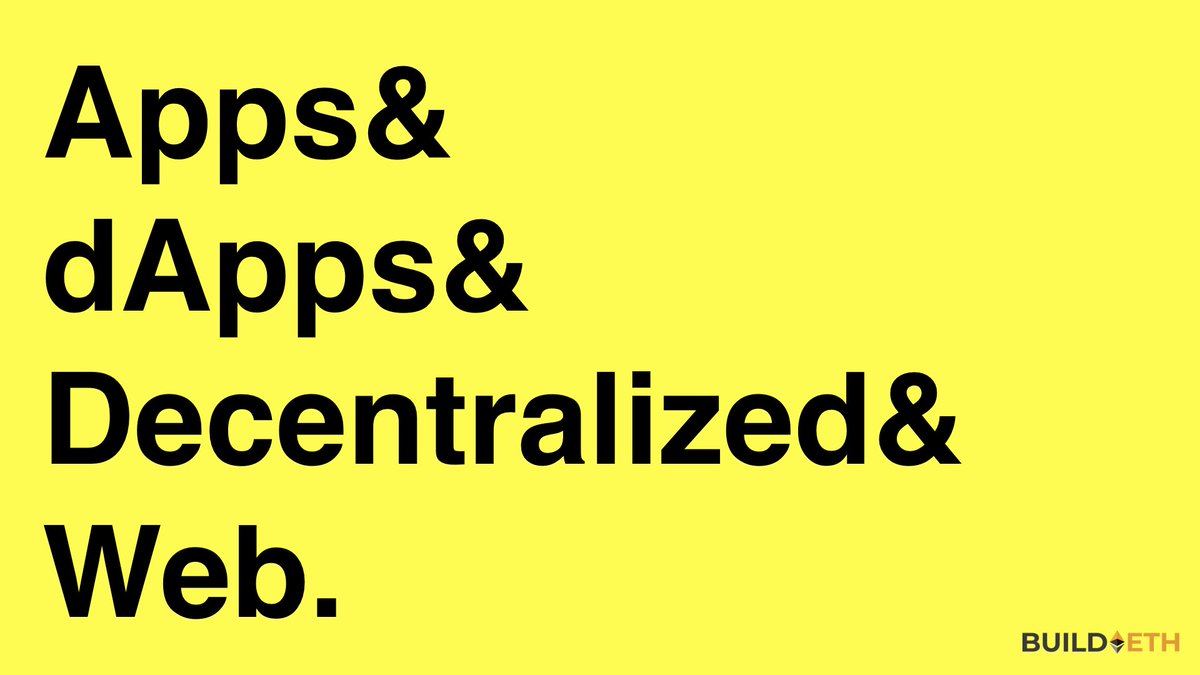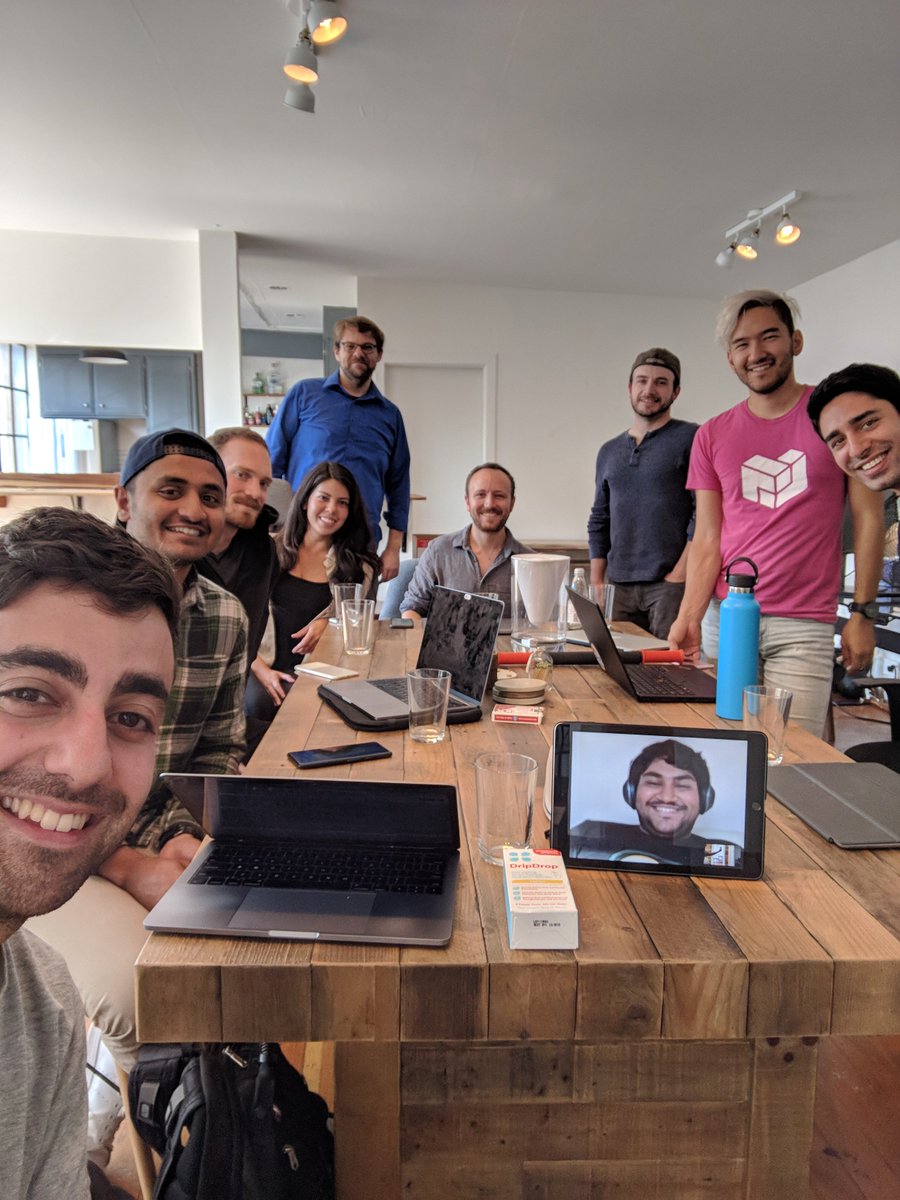+ Why this shit is interesting,
+ Unique Identifiers, Authentication, & Authorization
+ "The World is Just Claims"
+ Tokenized Authorization
👇👇👇
+ 21 million Bitcoin
+ unique, persistent digital identity
+ non fungible assets
all cryptographically owned
+ self-sovereign *currency*
+ self-sovereign *identity*
+ self-sovereign *assets*
Identities don't behave like in-game items.
Currency is fungible and does not behave like identity.
In-game items won't be hard money.
It's not popular, yet, because identity is a high-network effect business and this isn't a problem most people think they have.
+ a unique, persistant identifier,
+ authentication,
+ and authorization.
These go together like RT&J; a good identity framework will include each of these.
Authentication is answering the question:
"is this person who they are claiming to be?".
Authorization is answering the question:
"can this person, who we've authenticated as Person A, access this resource?".
Unique ID: @mattgcondon (& associated email)
Authentication: proving I'm @mattgcondon by logging into Twitter with my password.
Authorization: Twitter realizing that I have the ability to write tweets and post them to my feed (but not yours).
We need to help anyone using this identity framework answer the question: "is this identity allowed to do this thing".
+ Ownership
+ Verifiable Claims
But, what you _actually_ possess is an attestation (or "claim") from the government claiming that you are a citizen of that country.
I can't give my passport to another entity, because those claims are tied to _me_.
Me following you on Twitter? That's a claim.
Friends on Facebook? Mutually reinforcing friendship claims.
Visas? Claims with an expiry that say I'm allowed to enter a country.
They are "owned" but they are _not_ tokens, because they cannot be transferred between unique identities.
+ transferrable keys to, say, houses
+ membership to clubs, online and off
+ pretty much all transferrable tickets for events
if it can be transferred between identities, it can be a token
+ Unique Identifier
+ Authentication using Authorized Keys
+ Authorization using Ownership & Verifiable Claims
neat.










